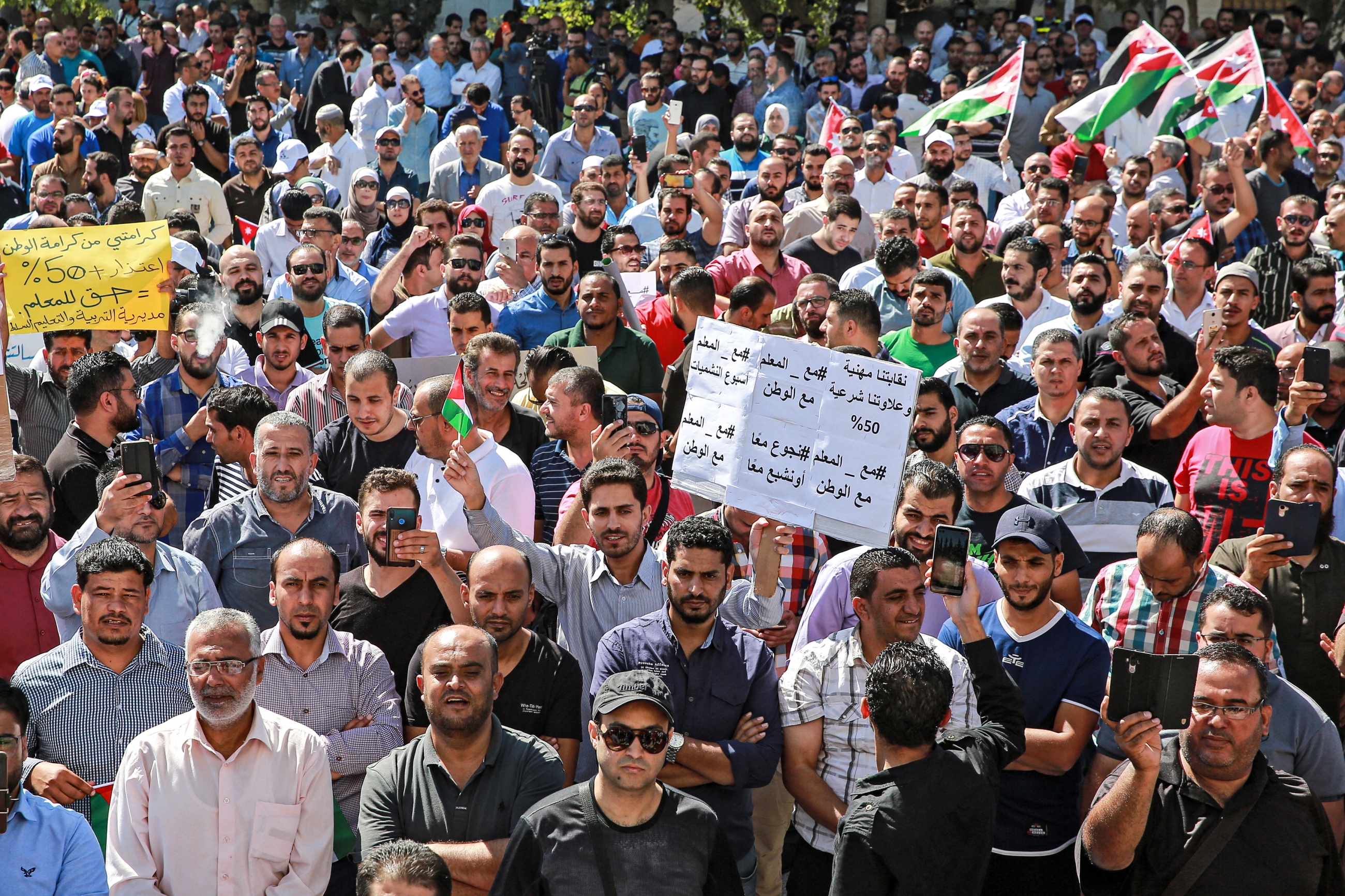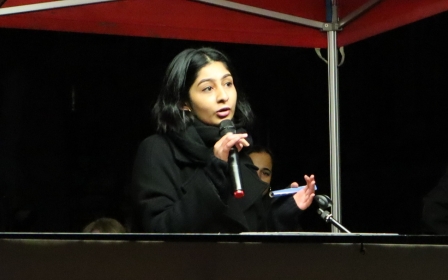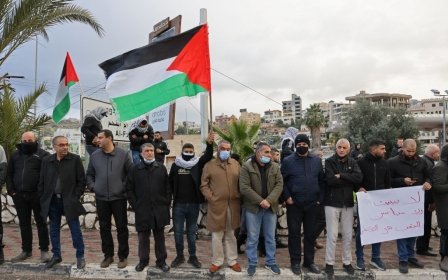Arabic press review: Thousands of Jordanian teachers lost their jobs in the last year

Jordan teacher numbers fall by 7.2 percent
An official report in Jordan showed that more than 10,000 teachers lost or left their jobs during the last school year, according to the London-based newspaper, The New Arab.
The annual report issued by Jordan's Department of Statistics showed the number of teachers decreased by 7.2 percent in the 2020-2021 school year, compared to the previous year.
Female teacher numbers fell by 7,778 and male teachers by 2,381, either through resignation or termination of service. The main reasons cited were the Covid-19 pandemic, virtual learning, and the closure of schools.
Solidarity, a women's organisation, called for "overcoming the obstacles before teachers to preserve and support them to revive the educational process, especially in the recovery phase after the Covid-19 pandemic".
New MEE newsletter: Jerusalem Dispatch
Sign up to get the latest insights and analysis on Israel-Palestine, alongside Turkey Unpacked and other MEE newsletters
"The role of male and female teachers is essential to ensure quality education for all. It may broaden horizons and expand hopes of better living conditions and a bright future," the organisation said.
"In addition, paying attention to male and female teachers, providing them with appropriate and decent working conditions, supplying them with tools and means of training, energising and motivating may create a generation of teachers who work to consolidate the principles of development of local communities and sustainable development in general."
The number of schools in Jordan is about 7,127, with a decrease of 5.6 percent, which means that 424 schools closed last year, compared to the previous school year.
British Arabs unite to protect Palestinian activists
Members of the Arab community in Britain have called for the creation of a legal organisation to protect and support pro-Palestinian activists, according to Al-Quds Al-Arabi newspaper.
The move comes after a meeting on Saturday by the Arab Community Forum, in which a number of Arab lawyers and activists discussed how to provide legal protection for Palestinian activists and supporters of the Palestinian cause in the UK.
Legal changes being talked about in Britain, as well as proposed amendments to citizenship laws, were also topics of discussion.
Participants of the meeting included Kamel Hawwash, director of the Palestine Solidarity Campaign (PSC); Ali Qaddoumi, legal advisor and head of the Jordanian community in Britain; and lawyers Nadia al-Bazzaz and Bassam Tablieh.
Hawwash said that PSC is cooperating with a specialised legal body at the European level that focuses on providing services to activists who support Palestine in universities.
Palestinian activists facing problems or harassment can contact the campaign in order to receive legal services, he said.
Lebanese banks abroad facing closure
Branches of Lebanese banks abroad are facing closures after being accused of being unable to provide for their customers. A number of bank branches have been closed, including in nearby Cyprus, where Lebanese banks are facing major problems, according to a report published by Al-Sharq al-Awsat.
The Bank of Lebanon, the Banking Control Commission of Lebanon, and the administrations of a number of banks are attempting to put pressure on the Central Bank of Cyprus to cancel new conditions it intends to impose on branches of the Lebanese banks.
Banking sources described "an ongoing expansion of the phenomenon of pressure that restricts the regional and international expansion of Lebanese banks and their branches".
The newspaper reported that the management of the Lebanese banks operating in France has also started to sense a similar intention by monetary authorities in Paris to impose harsh conditions and request exceptional financial reserves and guarantees to maintain the branches’ activities.
Kuwait aims to produce Covid-19 vaccines
Khaled al-Saeed, the Kuwaiti minister of health, said his country is seeking to manufacture local vaccines against Covid-19, indicating there is coordination with international institutions to transfer this technology to Kuwait, according to Al-Qabas newspaper.
Al-Saeed added that the government would support the entry of companies that would manufacture vaccines in Kuwait.
Al-Saeed’s statement came during the opening of the first production line of 26 pharmaceutical products in cooperation with Abbott International Laboratories.
Al-Saeed said the pandemic had underlined the importance of relying on local resources to deal with emergencies, noting that the Ministry of Health is currently working to manufacture many drugs locally.
Middle East Eye delivers independent and unrivalled coverage and analysis of the Middle East, North Africa and beyond. To learn more about republishing this content and the associated fees, please fill out this form. More about MEE can be found here.





